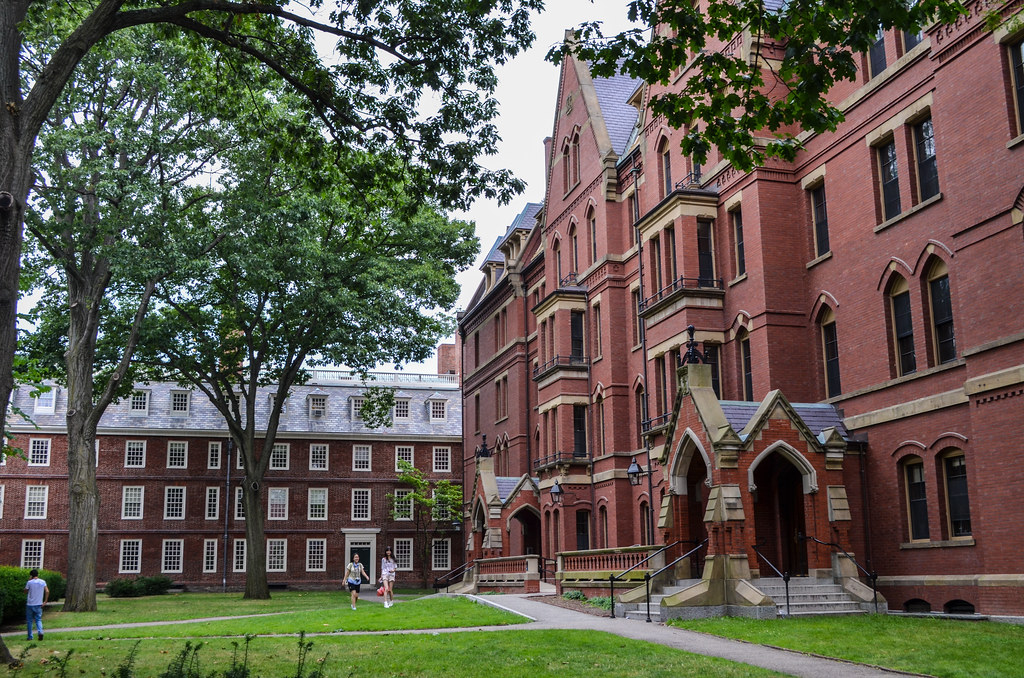Massachusetts is planning to spend $50 million to build a new women’s prison to replace MCI-Framingham. As of January 1, 2022, the population in MCI-Framingham stood at 179, with more than 20% held in pre-trial detention. In part as a result of sentencing reforms, Massachusetts’s incarceration rate has been falling, which raises the question: Why expand a system that costs $235,000 per person and only causes further harm?
Studies have repeatedly shown that society cannot incarcerate its way to safety, and the family separation of incarceration and the well-documented inhumane conditions in Massachusetts’s prisons and jails fuel the community instability that is detrimental to public safety. Instead, investments in housing, health care, economic opportunity, and other social supports have been shown to be the true foundation of public safety for all.
It’s clear: Massachusetts doesn’t need new prisons, not now and not ever, and the Prison Moratorium bill (H. 1795 / S.1979) is how we can achieve that.
Next Tuesday, the Joint Committee on State Administration and Regulatory Oversight is holding a hearing on the Prison Moratorium bill at 11 am in Gardner Auditorium.
Can you show up on Tuesday and join Families for Justice as Healing for a rally before?
.png)
Not able to attend Tuesday’s hearing? You can still make a difference by contacting your state legislators in support.
